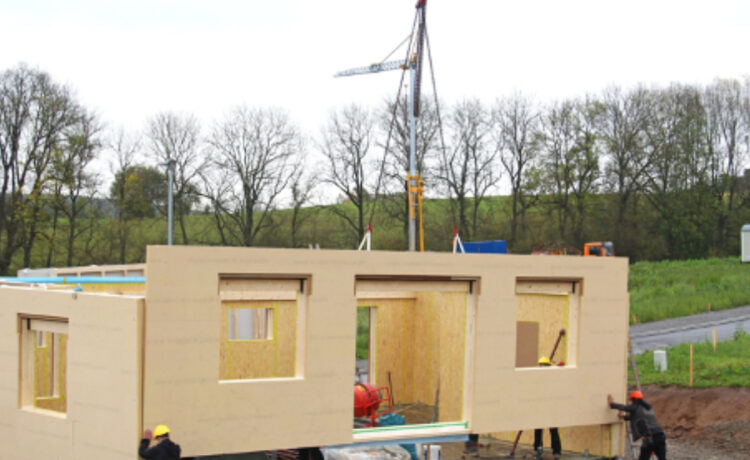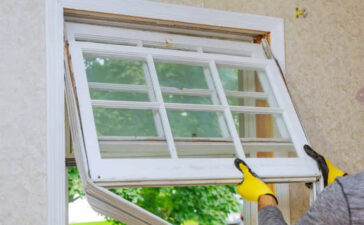Understanding the modular vs manufactured home difference may be confusing at first. You’re dealing with two types of homes that are mostly (or completely) built before they settle at the final location.
As you’re about to find, though, there are some clear distinctions as you dig deeper into defining just what these homes are. Let’s have a look.
Modular Homes Are Regulated Locally
Regulations that govern modular homes are different from what you will get with manufactured housing. (More on that in a moment.)
With modular homes, structures must be built in accordance with local, county, and state codes. In some areas, these are quite straightforward. Others might impose more far-reaching restrictions.
The unpredictability can give builders fits. In the end, a modular home will need an inspection just like a traditional site-built home.
Manufactured Homes Are Regulated Federally
Codes for manufactured homes are directly from the United States Department of Housing and Urban Development (HUD).
While there is a stigma about “HUD homes,” the reality is that manufactured homes do not get to take the “easy way out.” Since 1974, the building standards have been stringent, falling under the guidance of the Manufactured Home Construction and Safety Program.
Modular Homes Are Put Together at the Build Site
One of the biggest differences between modular and manufactured homes is that the modular home must be site-built on top of a foundation. That’s despite being mostly put together at a separate location and transported for the finishing touches.
Going the modular route means builders can fast-track the finishing touches on a home. It also means they save a significant portion of time from pouring the foundation to move-in dates.
Manufactured Homes Include a Transportation System
A manufactured home is built with a full transportation system attached. They are truly “mobile” homes with wheels and a trailer hitch that allow them greater versatility in where they are placed.
Both Are Inspected for Quality
Site-built homes must pass inspections upon completion and before the homeowner can move in. They are governed by all the same rigors of a traditional home.
A manufactured home also must undergo something of a final rite of passage, but it comes in a different form. The standards are set by HUD and confirmed before the manufactured home leaves the factory for its final location.
Financing Options Are Also Available
A manufactured home price and a modular home price can differ greatly. Since a modular home has to undergo all the same code requirements as a regular home, it is subject to traditional mortgage loans.
Getting manufactured homes for sale usually comes through dealer financing or FHA loan options. While these programs may have their own requirements and limitations, one thing is for certain.
Manufactured homes require a significantly lower investment to complete. This makes them ideal “starter homes” or shelters for individuals seeking a more affordable alternative to traditional home-buying.
Understand the Modular vs Manufactured Home Difference Before You Buy
The debate between modular vs manufactured home options really just boils down to a matter of personal tastes. You can get quality designs and safety either way.
Looking for more articles on real estate and housing? Check out some of our other posts!









